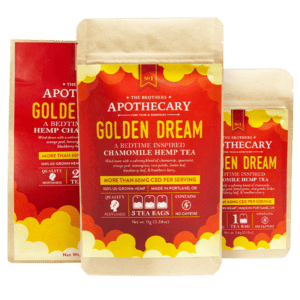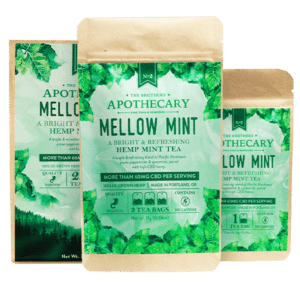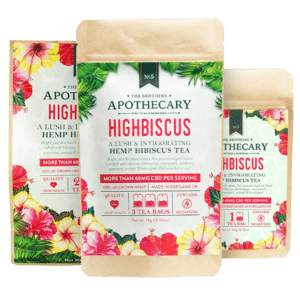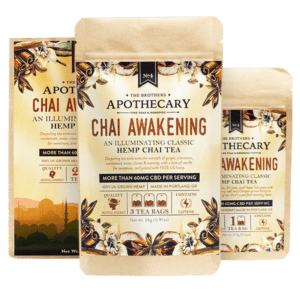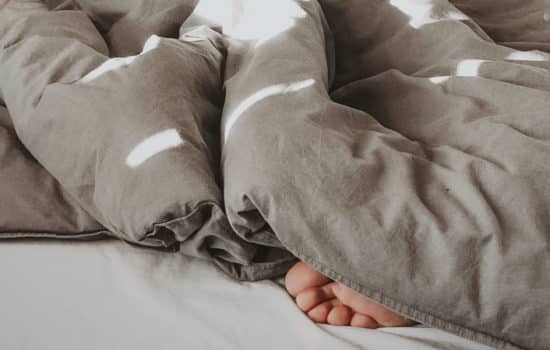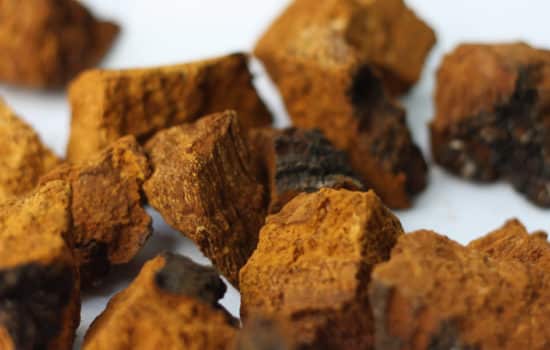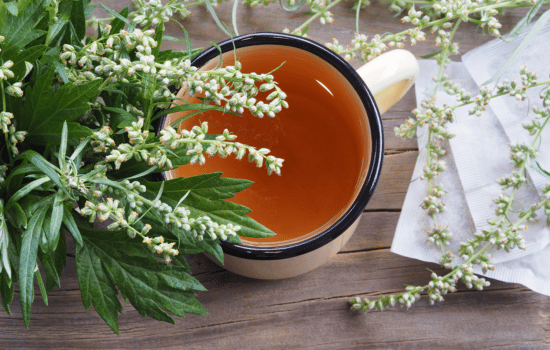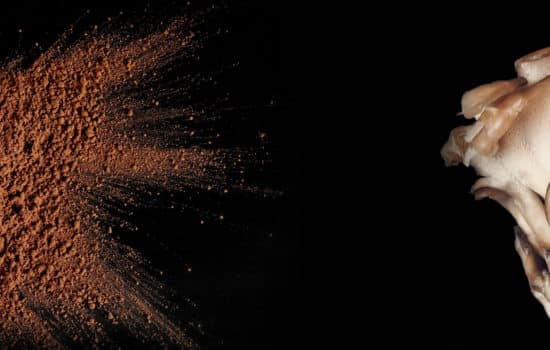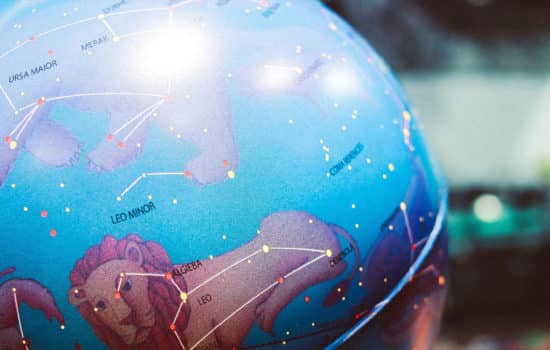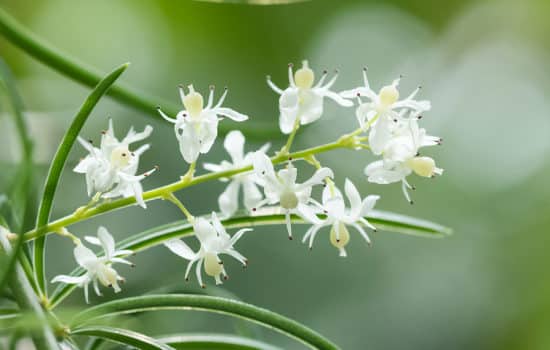Possession of psilocybin mushrooms, commonly known as magic mushrooms, has been illegal in the U.S. for decades. However, we sense a shift is coming as more research publicizes the benefits of mushrooms, and more states and cities move to decriminalize this form of fungi.
So, what are magic mushrooms, how do they work, and what exactly are the current laws around them? Let’s dive into it!
What Happens If You Get Caught With Mushrooms in the United States?
Right now, the consequences of getting caught with magic mushrooms vary greatly, depending on where you are, right down to the city.
Federally, mushrooms are still considered a Schedule I controlled substance that is illegal to possess. Getting caught with shrooms could lead to misdemeanor or felony charges, depending on the amount you have and the state you live in.
But, over the past few years, some states and cities have moved to decriminalize shrooms and even more are considering doing so in the near future.
For example, in Oregon, psychedelic mushrooms were legalized for supervised, therapeutic use in 2020, making it the first and – as of yet – the first state to legalize psilocybin shrooms.
At the same time, Oregon decriminalized possession of small amounts of all drugs, meaning that the possession of small amounts of all drugs in the state, including shrooms outside a therapeutic setting, is now punishable by no more than $100 fine.
While Oregon is currently the only state that has legalized shrooms, a growing number of cities have decriminalized them. Denver, Colorado, has become the first city to ease mushroom laws in 2019.
Since then, Ann Arbor, MI; Oakland, CA; Santa Cruz, CA; Somerville, MA; Cambridge, MA; and Washington DC have all followed suit. In these localities, possession of mushrooms still isn’t legal, but updated laws indicate that possession of mushrooms should be among the lowest enforcement priorities.
In an area that has decriminalized shrooms, adults found with small amounts are not likely to be arrested or charged with a misdemeanor or felony, although they may still be fined. Make sure you check the specific local laws in your area when considering using shrooms.
When Did Mushrooms Become Illegal?
Mushrooms were made illegal with an amendment to the Food, Drug, and Narcotics Act in 1968, and criminalization of psilocybin became commonplace with the Controlled Substance Act of 1970, which listed psilocybin as a Schedule I controlled substance.
Before then, researchers were studying shrooms as a potential aid to help support treatment for alcoholism, addiction, and as a therapeutic substance for mental health. In fact, in October 2018, the Food and Drug Administration granted psilocybin “breakthrough therapy” status for research.
Early results were promising, but this research was cut short as the war on drugs relied on fear mongering and misinformation that categorized both cannabis and mushrooms as inherently dangerous.
What Do Mushrooms Feel Like?
For many, mushrooms can produce feelings of excitement, giddiness, euphoria, and a sense of connectedness or one-ness with the world around them. Mushrooms can also produce vivid hallucinations, visions, and cause shifts in perception.
Colors may look oversaturated, you may experience time moving differently than usual, or you may feel like you are in a dream. Recent studies suggest that shrooms can impact the part of the brain responsible for the ego, which may explain why so many people feel a deep sense of connection and empathy when using mushrooms.
While shrooms often produce a sense of peacefulness, self-reflection, and inspiration, there is the risk of what is commonly referred to as a “bad trip.” During a bad trip, shrooms can lead one to feel nervous and overwhelmed.
How Do Mushrooms Work?
The psilocybin compound is responsible for the hallucinogenic effects of magic mushrooms. Once in the body, psilocybin transforms into psilocin and is thought to bind with serotonin receptors in the brain.
When psilocybin binds with the 5-HT2C receptor–a serotonin receptor that plays a role in regulating mood, imagination, perception, and cognition–it can lead to an altered state of mind, and also potentially help counteract the addictive effects of other substances.
What Are the Benefits of Mushrooms?
When taken safely, there are a number of benefits associated with mushrooms.
Reduced Tension
Low serotonin levels can lead to stress and tension, and most of us are familiar with the ways stress can manifest itself both mentally and physically. By binding with serotonin receptors, the psilocybin in shrooms can help relieve tension and calm the mind and body.
Promote Creativity
Since serotonin receptors relate to perception and imagination, mushrooms can help boost creativity by shifting thought patterns, opening users to new ideas, and increasing empathy.
One study found that divergent thinking–which is the ability to come up with multiple solutions to a single problem – was higher shortly after taking shrooms, while convergent thinking – which involves coming up with one best solution for a single problem – was heightened after a week of taking shrooms consistently.
Relaxation
Psychobilin mushrooms can help shift the mood and promote feelings of empathy, introspection, and peace as the psilocin binds with serotonin receptors.
And even legal, adaptogenic mushrooms of the non-psychedelic variety can support full-body relaxation and tension relief. The active compounds in reishi mushrooms, for instance, can support the nervous system in a way that soothes the mind and body.
The vitamin D and antioxidant properties found in chaga mushrooms can boost the mood, support the immune system, and lower oxidative stress. While these mushrooms may not be psychoactive, they still work their own type of magic by promoting wellness and supporting the body in responding to stress, which is why we incorporate them into our CBD protein powder and here at The Brothers Apothecary.
Are Mushrooms Safe?
Mushrooms are considered safe when taken in small doses or within a therapeutic setting. While shrooms are not addictive or habit forming, there are a few precautions you should keep in mind.
What Are the Risks?
In some cases, psilocybin can cause stress and tension, upsetting hallucinations, paranoia, and confusion. While the effects of psilocybin wear off within six to twelve hours, some people may also experience flashbacks to past shrooms trips long after the effects of psilocybin have passed.
Along with the risk of a bad trip, common side effects of psilocybin include nausea, disorientation, yawning, and hallucinations.
Precautions
The effects of shrooms can take anywhere from twenty minutes to an hour to kick in, so if you don’t feel anything after taking a dose, sit tight and do not try taking more! Taking too many mushrooms can increase the risk of having a bad trip.
You should also always use shrooms in a supervised setting. In rare cases, an altered mental state can lead to accidentally dangerous behavior, as you may not be fully aware of their surroundings. If you plan to take enough shrooms that may cause hallucinations, you want to have someone with you who can help ensure your safety during the trip.
Will Mushrooms Ever Be Fully Legal?
While it may be quite some time before magic mushrooms are fully legalized, there are many signs that we are heading in that direction.
Johns Hopkins researchers have recently suggested that mushrooms should be reclassified from a schedule I substance to a schedule IV substance, same as sleeping pills. Legislation to legalize mushrooms is currently under consideration in Washington state and California.
With these changes, we are hopeful that a cultural and legal shift similar to what we are currently seeing with cannabis is on the horizon for psilocybin too.
The Bottom Line
Both psychedelic and non-psychedelic mushrooms can benefit your well-being in a number of ways. We here at The Brothers Apothecary are excited to see what comes next for our fungi friends, as the road to legalization seems well within reach!
Sources
Jesse Richardson is the co-founder of The Brothers Apothecary. He's an avid tea drinker and the primary creator behind The Brothers' products. An undergraduate of UCLA for Political Science, Jesse currently studies Medicinal Plants at Cornell University and The International School of Herbal Arts & Sciences.



